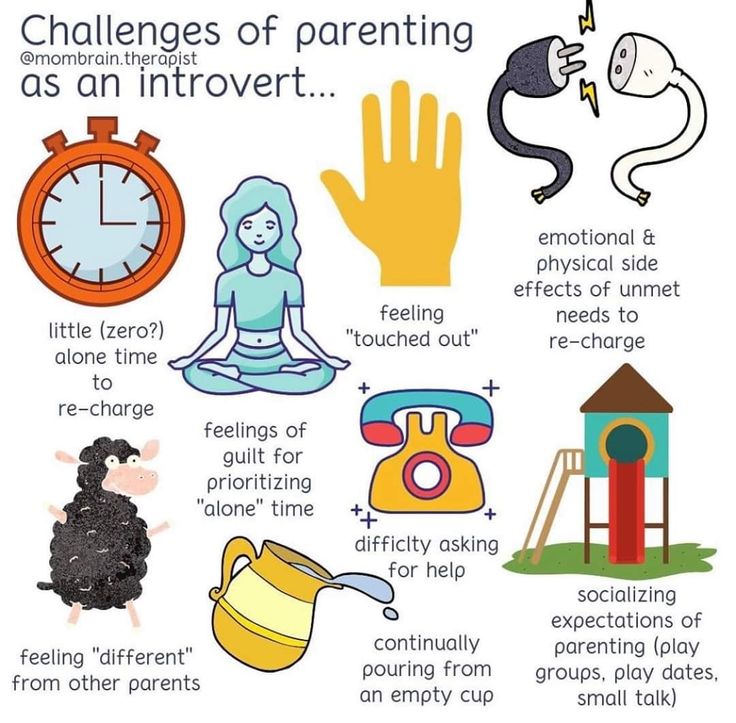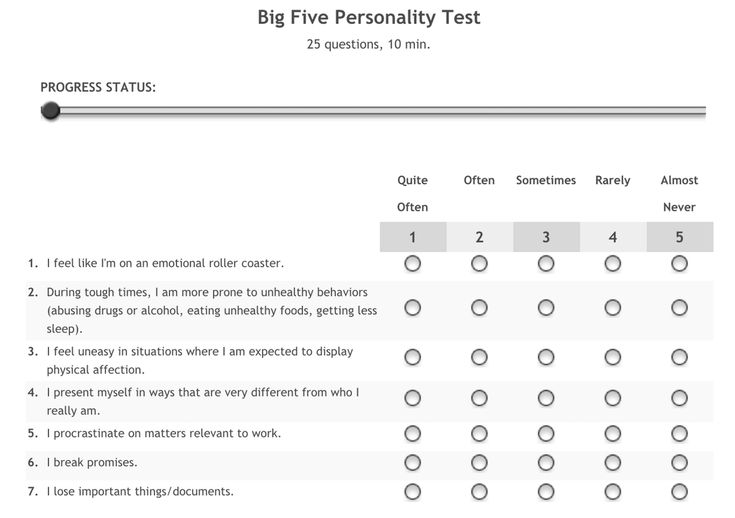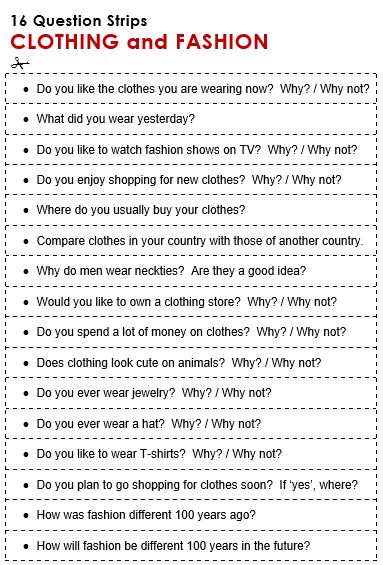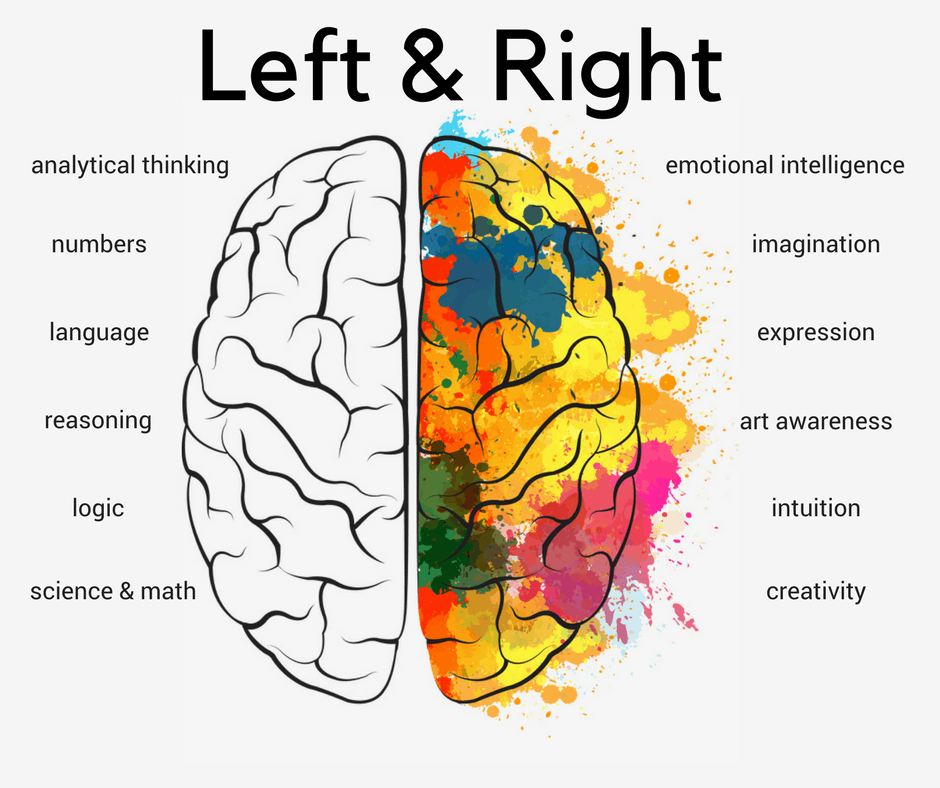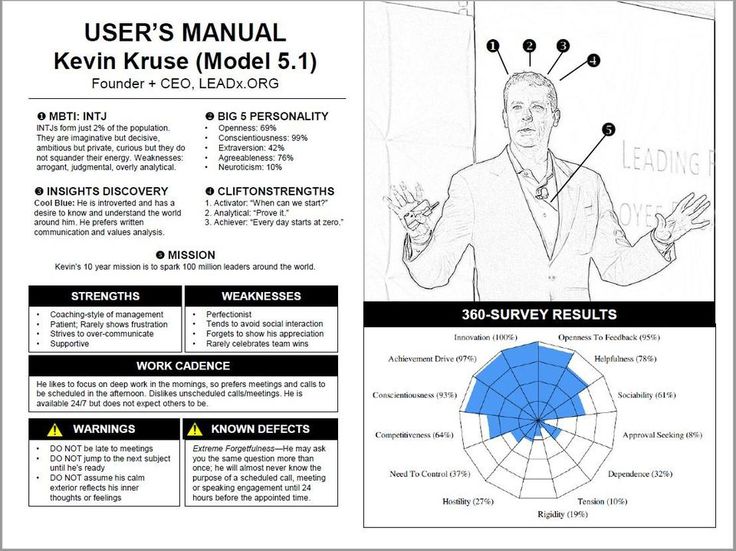Introvert parent exhausted
How to Survive Parenthood When You’re an Introvert
By making a few changes, my children stopped being the little people who held my peace hostage.
When I was a child, I dreamed of my future family. There were a few different versions of this family, depending on certain factors at the time. However, all versions included a stay-at-home fantasy with two daughters and days filled with crafts, baking, and playing in the garden, the sun casting a golden glow over a season of life that would be etched into my memory bank forever.
Except I had boys.
Two wild, loud, competitive boys.
My stay-at-home reality involved far too little sleep, way too much noise, and endless rounds of The Wiggles. It’s not that it wasn’t good. It just wasn’t what I imagined.
I wrestled hard.
I clenched my teeth through the tantrums, sibling tiffs, and clingy days of sickness. And every day around 5 p.m., the tentacles of stress coiled their way around my temples, relenting their grip only once the boys were in bed, the lights were out, and this mama was off the clock. (Well, until one of them called out for me in the night.)
This was not how life was supposed to be. I’d bought into the myth of those diaper commercials. I’d gotten sucked into a Hollywood version of my own existence. While the Instagram moms were living like a lead actress in a blockbuster movie, I felt like an extra on a B-grade film.
And I was miserable.
I began to consider why my tolerance was pulled taught, my patience was always hovering near empty, and my peace was non-existent. As luck would have it, I came across an article that discussed introverts and their need for alone time, and finally everything clicked.
Looking at my life from a different perspective, I was able to get curious about my energy levels and the things that drain me. Rather than viewing my children as the little people who held my peace hostage, I saw them as unique. Not flawed or badly behaved, just wired differently than me, with different needs and goals.
It’s very easy as a parent to lose sight of this fact.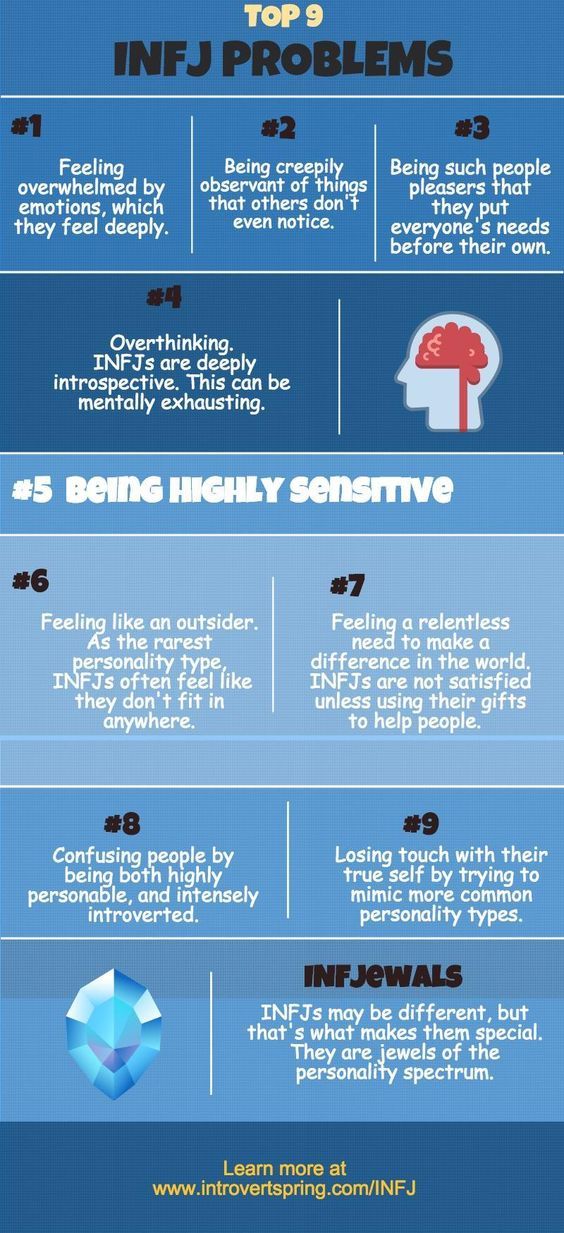 We are so frequently overwhelmed by all the demands of modern life and the comparison to all the parents on social media who are rocking this gig that we may come off feeling like complete failures.
We are so frequently overwhelmed by all the demands of modern life and the comparison to all the parents on social media who are rocking this gig that we may come off feeling like complete failures.
But it doesn’t have to be this way. By investing some energy and awareness into ourselves and our families, even we, as introverts, can thrive as parents. Here’s how:
1. Recognize what works best for you (and what drains you).
In a cookie-cutter world, we can quickly fall into the trap of thinking that what works for one parent should work for all of us. Happily, we’re all wired differently. Extroverted parents may cope better than introverted parents with rambunctious kids and highly stimulating environments. My husband is one such parent. He can tackle those indoor play centers with obnoxiously loud music and squealing children and still manage a pleasant conversation.
On the flip side, as an introvert, I go into shut-down mode when I find myself in those environments.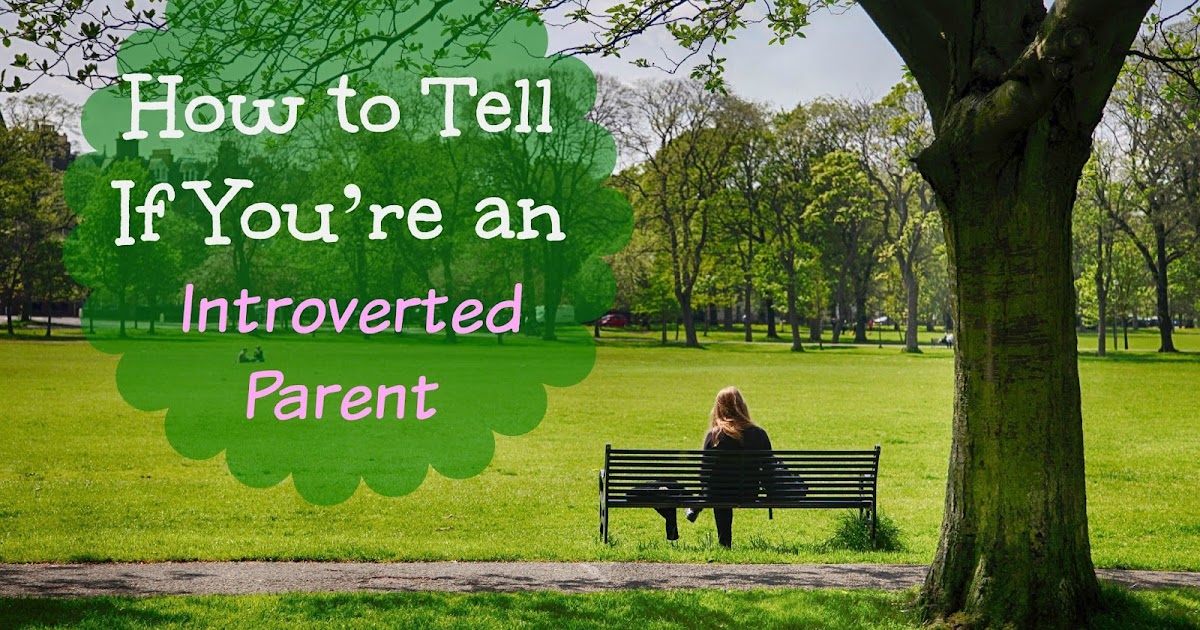 Likewise, when the energy runs high for long periods of time (such as at a kid’s birthday party) or when I’m around my children constantly (school breaks), I need to remember that I’m not broken, just different. When I finally understood how I’m wired as an introvert and in what conditions I operate best, I began to see my uniqueness as a strength and quit apologizing for it.
Likewise, when the energy runs high for long periods of time (such as at a kid’s birthday party) or when I’m around my children constantly (school breaks), I need to remember that I’m not broken, just different. When I finally understood how I’m wired as an introvert and in what conditions I operate best, I began to see my uniqueness as a strength and quit apologizing for it.
Join the introvert revolution. Subscribe to our newsletter and you’ll get one email, every Friday, of our best articles. Subscribe here.
2. Recognize how your kids are wired.
Just as it’s important to understand yourself, it’s vital as a parent to understand your children. Parenting experts will say, “You need to parent the child you have, not the child you wish you had.” I spent the first half of my time as a parent pushing against my kids because they are wired differently than me, differently than each other, and just not the quiet, crafty girls I thought I’d have.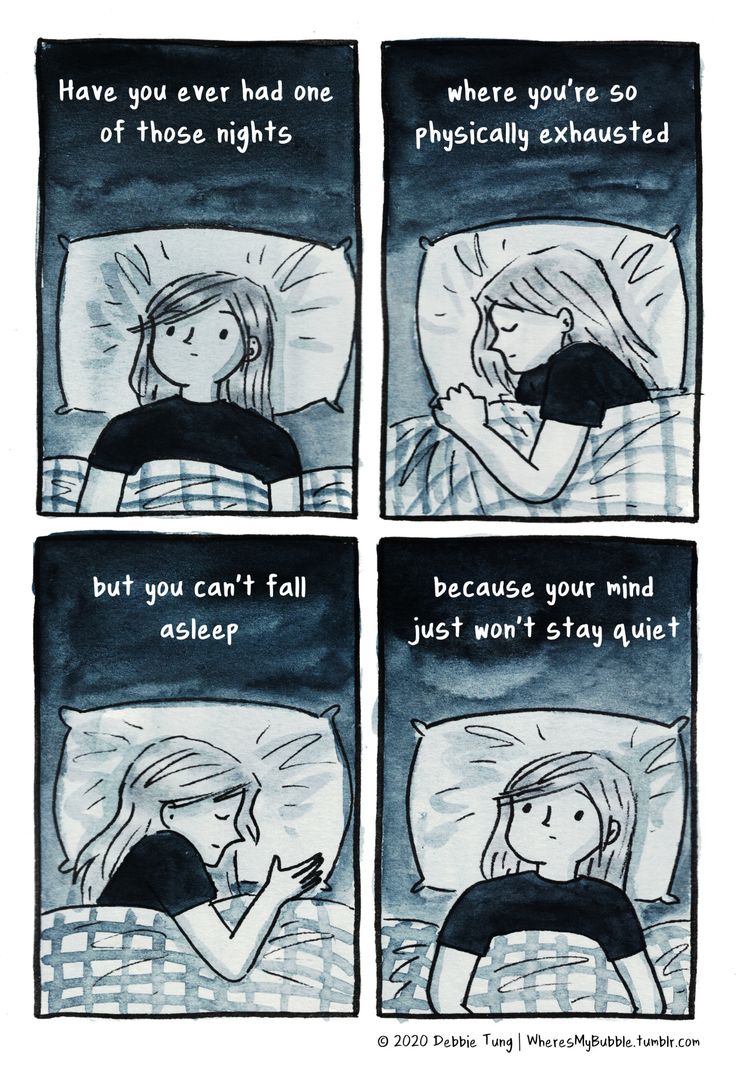
My eldest son is an extrovert. He gets his energy from being around people and finds it very hard to separate from the family, such as during bedtime or when I need a break. He is also a verbal processor — I swear this child doesn’t have a single unexpressed thought! From the moment he wakes, he provides a running commentary of his day, and although I love him, this behavior drains me.
His brother, however, is an introvert and an internal processor. He’s happiest in his own world, occupied with his own thoughts, and will drop in to connect occasionally before going back to his own activity.
As a parent, it’s a huge sanity-saver to understand your kids. Like us, they’re not broken, bad, or wrong — just different.
3. You can’t pour from an empty cup, so set some “rules” to protect your energy.
Once you’ve figured out how you and your children are wired, you can move on to identifying your needs as an introverted parent.
This is a challenge as parents because our role is so sacrificial.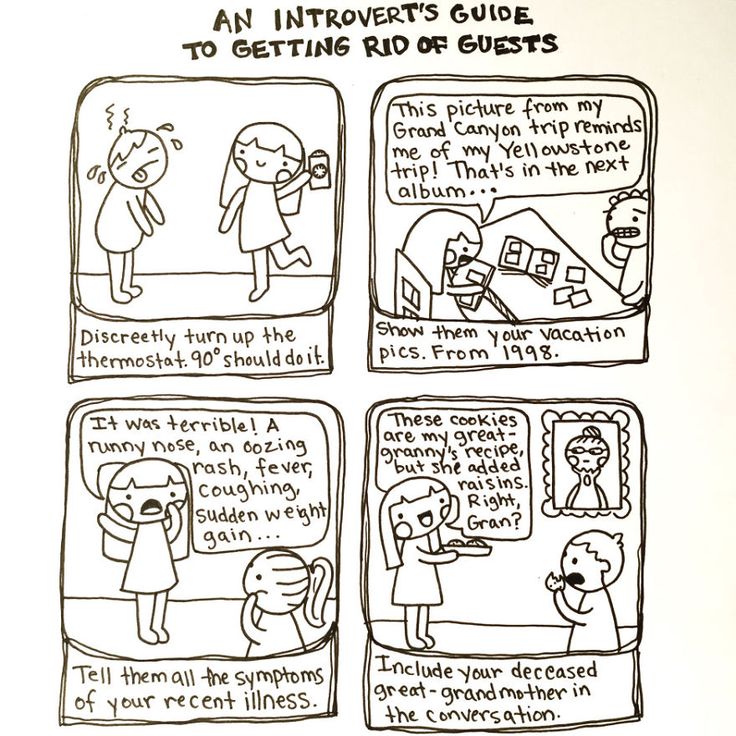 Our children and their needs naturally come first, but I believe introverted parents will quickly hit a wall with this mindset. The inherent neediness (especially in the early days) and helplessness of small children can make them draining to be around. Extroverted children, especially, can suck your energy reserves dry.
Our children and their needs naturally come first, but I believe introverted parents will quickly hit a wall with this mindset. The inherent neediness (especially in the early days) and helplessness of small children can make them draining to be around. Extroverted children, especially, can suck your energy reserves dry.
One of the hardest lessons for me to learn as a parent was that I can’t pour from an empty cup. When I realized that it was absolutely crucial for me to have solitude and time away from my children to recharge in order to be a calm, happy, loving parent, I was able to stop beating myself up for being… well, me.
Likewise, it’s important to understand your kids’ needs so they can feel happy, secure, and able to take on the world.
A great example of this was during the car ride home after collecting my sons from school. This experience was typically filled with tension and conflict as my eldest (the verbal processor) had so many experiences to share about his day, while my youngest (the internal processor) had been connected and stimulated all day and was ready to retreat into his own world for some downtime.
Once I explained to my extroverted son that his introverted brother isn’t ready to listen right after we pick them up, we were able to come up with a plan that involved him inviting his brother into the conversation but stopping the flow if his brother put his hand up to signal he was talked out. This helped tame some of the backseat chaos, which ultimately made car rides less stressful for me.
This touches on my next point…
Is social anxiety holding your child back?
Although social anxiety is not the same thing as introversion, many introverted kids experience this painful and isolating condition. The truth is your child can learn the skills to overcome their social anxiety, and our partner Natasha Daniels can show them how. This means happier school days, less resistance to social activities, more friends, and lifelong confidence. Click here to check out her online class, How to Crush Social Anxiety. For ages 10+.
4. Communicate your introvert needs to your family in a way that makes sense to them.

Once you’ve identified your needs, it’s important to communicate them in a kind and respectful way. This allows people to understand where you’re coming from and respect your boundaries.
I knew my extroverted child might feel rejected if I said I needed time away from him. To explain this in a way that a 5 and 3 year old could understand, I used the battery analogy.
I told my boys that Mommy’s batteries run down when I’m around lots of noise and people, just like the batteries that run down in their toys. The way I recharge my batteries is to have some quiet time by myself in my room. When my batteries are recharged, I can be a happy mommy and ready to spend more time with them.
Don’t forget to let your partner/spouse in on your need for recharge time, too. I have to regularly remind my extroverted husband that we both operate differently in life. When he realizes this fact, he’s able to respect my need for space and quiet and even support me in getting that alone time by being on daddy duty.
I’ve taken the time to write out a list of all the activities that recharge me — most of them are free or very low-cost and don’t take a lot of time, such as going on a walk, reading a good book, or putting on noise-canceling headphones and doing a mindfulness exercise. The key here is to focus on you: Choose activities that really recharge you, not just things that are convenient for your family or partner.
5. Take responsibility for getting your needs met.
Once you’ve gotten a solid understanding of how you’re wired and you’ve communicated your needs to those around you, it’s your responsibility to get those needs met.
I’m going to say that again for the folks in the back: It’s your responsibility to get your needs met. Not your kids’, not your spouse’s, not your friends’. It’s up to you.
This means scheduling time to recharge, even if that’s just 15 minutes per day or 3 x 10-minute blocks. Whatever you can practically manage in your season of life, make it a priority.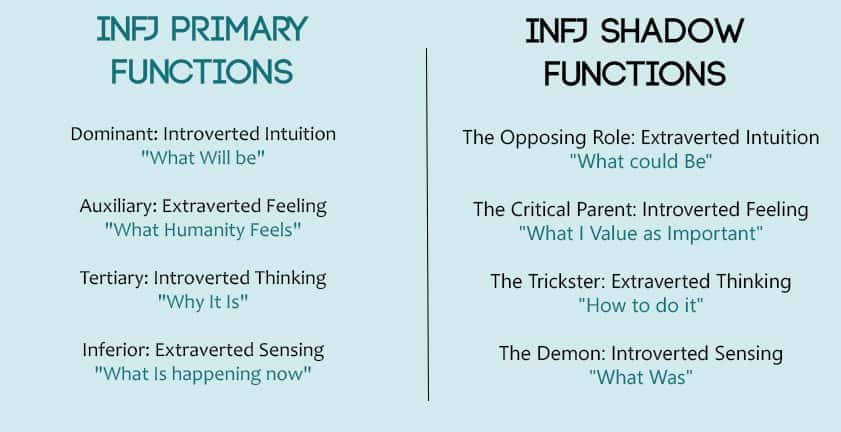
I struggled hard with this concept at first because I tend to show up easily for others but flake out on myself. I have to schedule this time for myself or it will be snowballed by some other plan or someone else’s needs. Sometimes this means waking up earlier than everybody else to get some quiet time to plan my day, read, meditate, or write. If you’re not a morning person, you could try a night ritual once the kids are in bed. Do whatever works best for you.
Whatever you choose, make sure you guard that time. Along with scheduling it to make sure it happens, it also means using your time wisely — and not doing meaningless activities that drain you further, like checking social media, or tackling just one more item on your to-do list.
Since following these points, I’ve turned a corner as a parent, a wife, and a woman. When life gets busy or the kids get sick, it’s easy for the wheels to fall off. But the difference in energy, happiness, and my overall wellbeing is remarkable when I take the time to make myself a priority.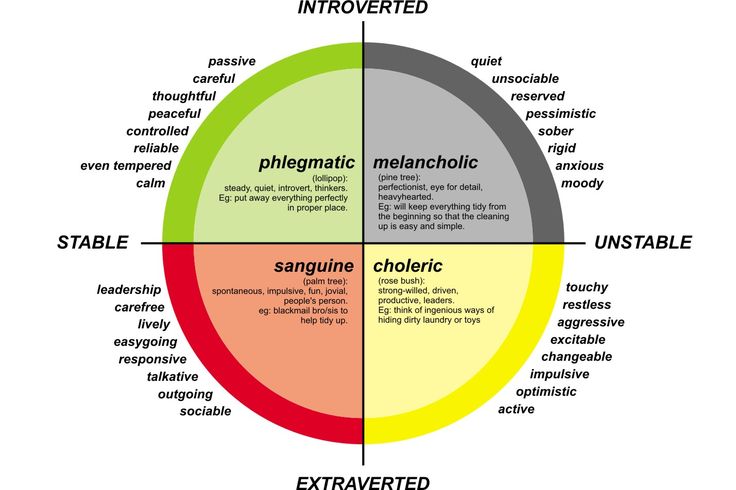
And you can do it, too, introvert. I’m (quietly) cheering you on.
You might like:
- 15 Things You Should Never Do to Your Introverted Child
- What Are Introverts Like as Children? Here Are 7 Common Characteristics
- Here’s What Makes Each Introverted Myers-Briggs Personality Type Angry
Surviving as an Introverted Mother
Years ago, I was chatting with my sister-in-law, who had babies at around the same time I did. She was talking about how much she loved her kids. When they were napping, she would go in and watch them sleep. Sometimes, she said, she was tempted to wake them up so that she could play with them.
When I heard that, I felt as if I was punched in the gut. I had never, in my few years as a parent, felt that way. Did she have some kind of innate mothering instinct that I lacked?
My husband and I had our children in rapid-fire succession, adding four kids to our family within four years. I was overwhelmed and outnumbered.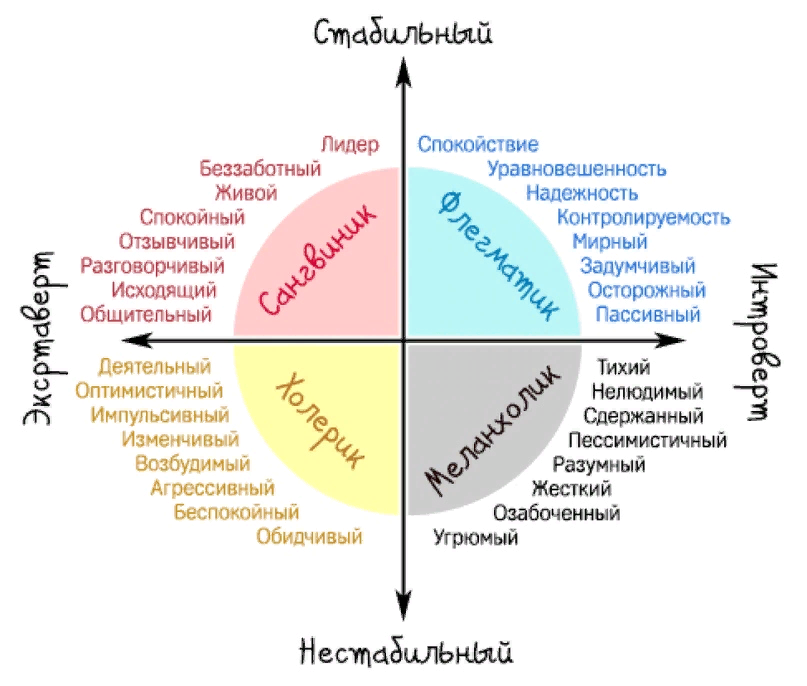 The volume of work it took to keep my household running was exhausting. But there was something more to it than physical fatigue: parenting was emotionally exhausting. I felt trapped. I lived for naptime and bedtime. If one of the kids woke up early, I felt rage. I was desperate to get time away from them in any way I could. My overwhelming thoughts when they were napping were, Please don’t wake up. Please give me a little more time to myself. Please, just a few more minutes. I couldn’t imagine waking them up on purpose unless there was a fire.
The volume of work it took to keep my household running was exhausting. But there was something more to it than physical fatigue: parenting was emotionally exhausting. I felt trapped. I lived for naptime and bedtime. If one of the kids woke up early, I felt rage. I was desperate to get time away from them in any way I could. My overwhelming thoughts when they were napping were, Please don’t wake up. Please give me a little more time to myself. Please, just a few more minutes. I couldn’t imagine waking them up on purpose unless there was a fire.
It wasn’t only the exchange with my sister-in-law that made me doubt myself. Society tells us that we should savor every precious moment with our kids, and I was struggling to do this. If motherhood had been one of my biggest goals in life, why did I want to get away from my children? Maybe I was a horrible mother. Or I suffered from some kind of defect, an intimacy disorder, or psychological baggage that kept me from being able to enjoy my children as much as other people did.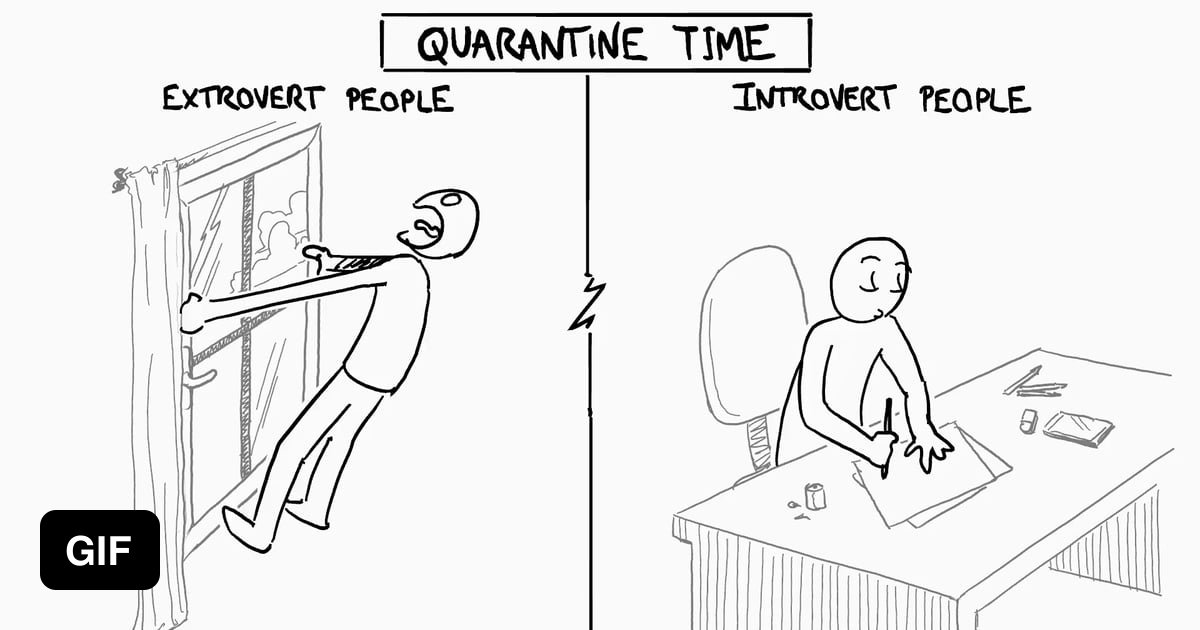
I made an appointment with a therapist and explained my feelings to her. I love my kids dearly, I told her. I enjoy being with them. But I felt like I needed a bigger chunk of time to myself.
I was eager for the therapist to explain my glitch. Was I innately selfish? Was I a narcissist?
After a few weeks of listening, my therapist put her clipboard away and asked me to listen closely to what she was going to say.
“Kristen, you’re an introvert,” she said. “There is nothing wrong with you beyond the fact that you need time to yourself to refuel and recharge. You are running on empty. And you need to stop beating yourself up over the fact that you need time alone. It’s how you’re wired.”
I’d never considered myself an introvert. I’m not shy. I’m not scared to speak to a room full of people. I consider myself a “people person.” I always assumed those traits meant I was an extrovert. But as I began to read some of the books my therapist suggested, it became clear: I’m an introvert. I need a lot of downtime to recharge for social interaction.
I need a lot of downtime to recharge for social interaction.
I spent a few months wrestling with my therapist’s interpretation. I wanted a quick fix, and introversion wasn’t something I could take a pill for or change with therapy. I disliked the idea that this was just how I was made. I was also worried that the introversion diagnosis was a convenient cop-out. As a person who struggles mightily with guilt, I found it hard to take my therapist’s advice and let myself off the hook—especially when berating myself is something I’m so good at!
Eventually, and slowly, I came to understand that my introversion was indeed behind how I felt and that my desire for time to myself was not an indicator of how much I love my kids. My therapist had to remind me many times that the fact that I was there, sitting in her office looking for a solution, was proof that I cared deeply about my children.
Eventually, I learned to accept—and even embrace—my identity as an introvert, and I found some tactics to help me survive parenthood.
I let myself off the hook. This was the most important step. I accepted who I am and the personality I was born with and stopped trying to change myself. Instead, I looked for external solutions to make my life more conducive to my needs as an introvert.
I shifted my career to involve less face-time with others. At the time I had children, I was working as a marriage and family therapist. My job was 100% human interaction. It’s no wonder I was drained. I spent all day listening to people talk, which left me little energy for anyone else. I shifted my role—I began writing more, and I also began teaching, which I found less draining. As I altered my professional role to give me more time to myself, I found I had more energy at home.
I found out-of-home childcare. Previously, any childcare I had for the kids involved someone coming to our home to watch them. Our house is small, and even if I worked from my room, I could still hear the kids and would inevitably listen in on their day.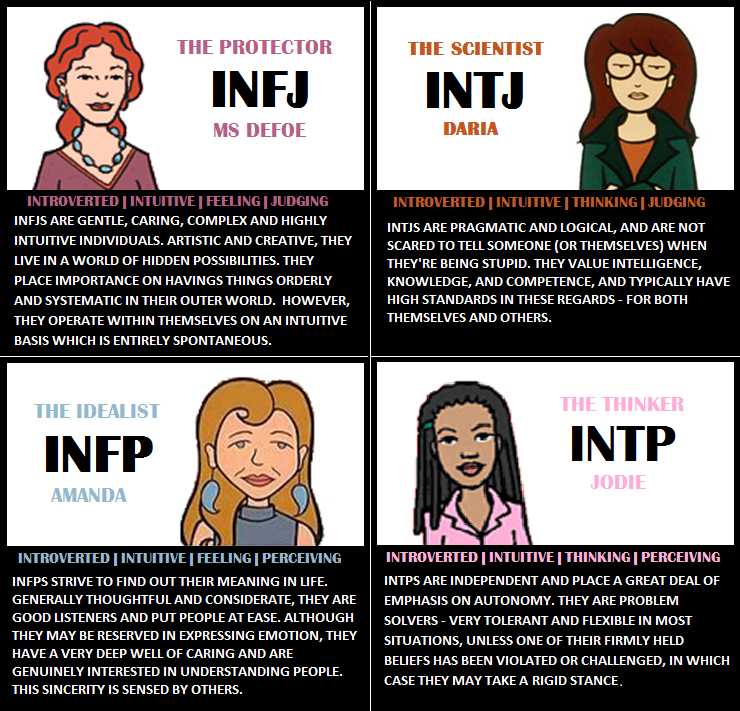 I finally decided that I needed alone time at home and found a quality Montessori preschool that would take my kids for three mornings a week. Those mornings alone were my saving grace during that stage.
I finally decided that I needed alone time at home and found a quality Montessori preschool that would take my kids for three mornings a week. Those mornings alone were my saving grace during that stage.
I instituted quiet time. While naptime provided me with some daily downtime, I also scheduled our day to include designated quiet time, when each kid played alone for about 30 minutes. In addition to giving me a mental break, this time was of great benefit to my kids who learned quiet, independent play. Some of my kids are introverts as well, and this quiet time was just as helpful for them as it was for me. As they’ve gotten older, quiet time has morphed into reading time, and it remains a great way for all of us to have a little time alone to recharge.
These small shifts made a huge difference in my ability to parent well and to be present and connected with my kids. I didn’t need to change who I was, and I didn’t have a fatal flaw that prevented me from being a good mom.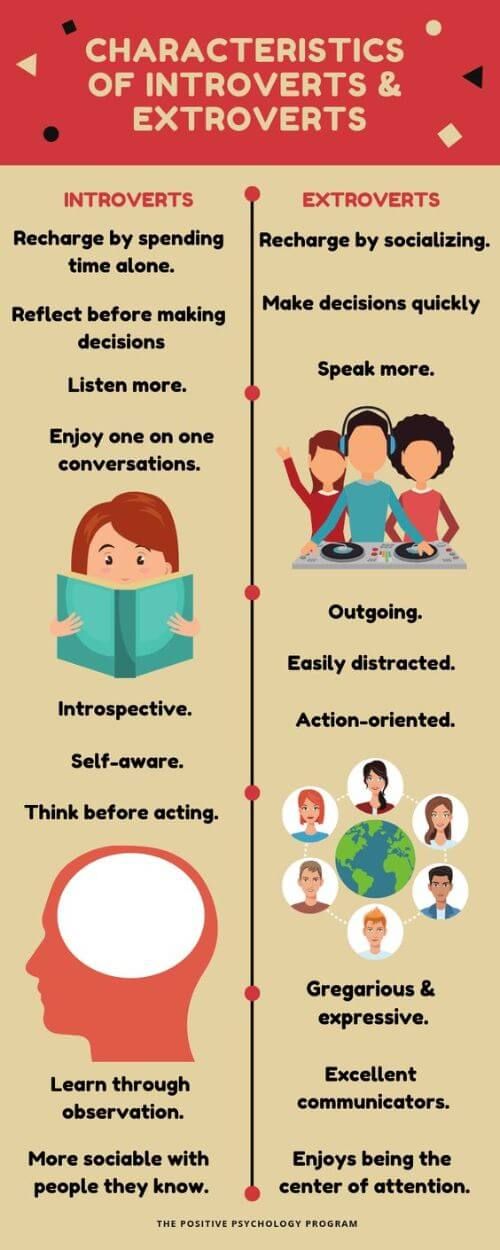 I just needed to accept my temperament and honor my own needs.
I just needed to accept my temperament and honor my own needs.
Do introverts feel lonely: delusions and facts
Introverts are “people in themselves”, who, by generally accepted standards, are closed, unsociable and prefer loneliness to any company.
Today we will find out if this is the case and share with you the opinions and stories of male and female Quora users. They are all introverts, and each of them has something to say.
I am an introvert. And it doesn't mean at all that I hate people
No, it doesn't mean at all that I hate people. I just don't like being around them. nine0003
I'm not the type of introvert who gets nervous around people, especially strangers. Even if I suddenly start to get a little nervous, I can still communicate quite freely. If a person is an introvert, this does not mean at all that he is shy.
- Personally, I hate so-called small talk, which is really stupid chatter and a waste of time.

- Often I have to explain to people that if I am silent, it does not mean at all that I am bored, offended or angry. Maybe I'm just fighting my inner dragon. nine0017
- Contrary to popular belief, not all introverts are quiet and silent. I can talk for hours about what interests me.
- But I still love silence, yes.
I have a lot more to say on this topic, but I don't think it will apply exclusively to introverts. Who knows, maybe I'm just a narcissistic person and I think that my thoughts are much more interesting than what others say.
And now to the main question: do I feel lonely? nine0029
Yes. And, surprisingly, I feel lonely when I am surrounded by people.
When I am alone, I rarely get bored, I can always find something to do. Yes, of course, sometimes, like all people, I feel sad. But not because I am alone, a tearful song, and thoughts about my failures, even the situation in my country can drive me into such a state. But in such cases, I do not feel alone.
But in such cases, I do not feel alone.
But when there are a lot of people around me and I don't feel like I belong to them, that's when I get lonely. nine0003
For example, I can sit next to my best friend and not talk to him for several hours, without both of us feeling alone.
But I can be at a party with 10, 20 or even 40 people. I can talk to them, listen to them and laugh with them, but after a while I realize that this is all just a superficial game.
That's when I want to howl from loneliness.
I'm tired of making excuses because I like being alone
What is it like, you ask? So, I often feel guilty. I have to apologize to others for not wanting to spend time with them. I'm tired of trying to convince others that there's nothing wrong with being introverted - that's fine. I am an introvert and feel good. I'm tired of making excuses because I just like being alone.
I've been thinking about this a lot, especially in the last year and a half. Introverts have an unnecessarily bad reputation for reasons I don't quite understand. I want to dispel some misconceptions. Of course, only my thoughts will go further, with which you may or may not agree. nine0003
Introverts have an unnecessarily bad reputation for reasons I don't quite understand. I want to dispel some misconceptions. Of course, only my thoughts will go further, with which you may or may not agree. nine0003
Misconception 1. Introversion is just a pretty word people use to hide their lack of social skills
This is one of the most common misconceptions about introverts. We are thought of as social outcasts. When we were children, we were taught that we should make friends with other children and play with them in the sandbox. If we did not want to do this, everyone, even our parents, began to doubt our normality.
In fact, most introverts are quite sociable, they know how to behave well in society, and yes, they also have friends. They just don't like wasting time on useless conversations and don't want to spend Friday nights at a bar sipping whiskey and cola with complete strangers. nine0003
Misconception 2. Introverts are quiet and do not like to talk
False again. I love to talk. I read and think a lot. I am interested in sharing my thoughts with others and getting their opinion.
I love to talk. I read and think a lot. I am interested in sharing my thoughts with others and getting their opinion.
But I don't like speaking in front of a crowd of strangers. I don't like to talk over loud music in a bar and see that my words to others are empty words. I don't like having conversations for the sake of talking, I don't like looking for words just to say something. nine0003
But I like to talk about things that are important to me. I like to discuss with people what they really care about. And if we find common topics for conversation, then I'm generally ready to talk for hours.
Misconception 3. Introverts always prefer to spend time alone rather than with someone
This is also not always true. Some of my best memories are traveling with friends and working on a project with a team.
As I said above, I can easily find a common language with other people. But as an introvert, I need balance in everything: the hours spent with others must be balanced by the hours I spend in silence and solitude.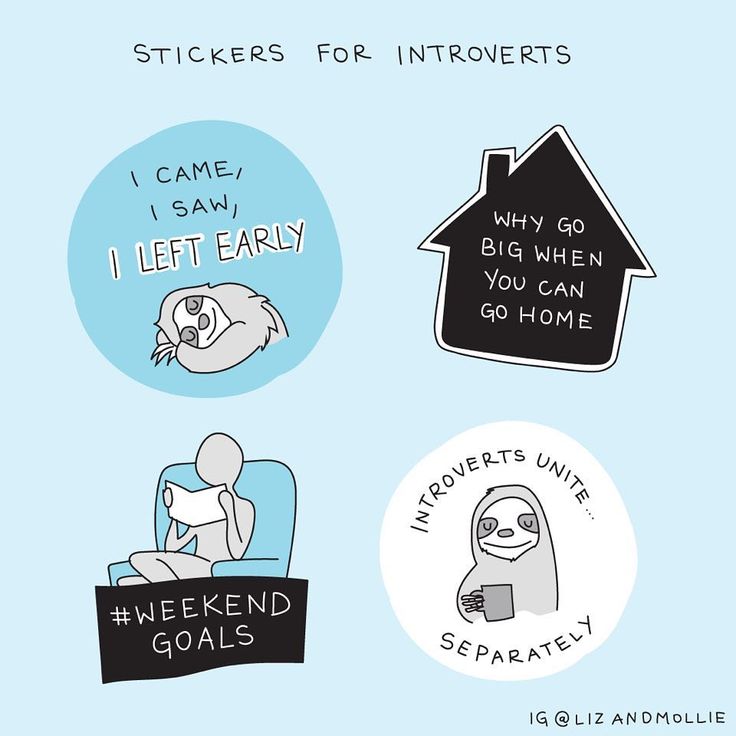 For me, this is a kind of reboot, so I rest and collect my thoughts. nine0003
For me, this is a kind of reboot, so I rest and collect my thoughts. nine0003
Misconception 4. Introverts are not leaders
We are used to seeing exceptionally charismatic leaders and believe that in order to lead people, you must be an extrovert.
But let's think carefully. Albert Einstein was an introvert. Bill Gates and Warren Buffett are also introverts. And many other outstanding people were and will be introverts.
People become leaders not only because of their personal qualities, but also because of their knowledge and abilities. Introverts tend to devote a lot of time to what they love, which is why they make the greatest discoveries and create the largest corporations. nine0003
Misconception 5. There are few introverts
According to various studies, more than half of people around the world consider themselves introverts.
As I mentioned above, there is such a stereotype in our society: to be an introvert means to be different from everyone else, a black sheep, practically an outcast. Because of this, many people never openly admit that they are introverts.
Because of this, many people never openly admit that they are introverts.
Instead of a conclusion
Being an introvert is not bad, it's not shameful, it's not abnormal. And for those who still doubt this, I suggest watching this video. nine0003
People are different: some people constantly need communication, while others prefer solitude. It's just a fact to be accepted.
Introverts don't like empty talk: I can't pretend to be interested in a topic I don't care about
If people find out that you're an introvert, then for some reason they immediately begin to consider you arrogant, rude and secretive. You are less likely to be invited to parties and other such gatherings. If you get married, then your acquaintances will joke about "how this closed dude even decided to meet her." nine0003
But here's what I want to tell you as an introvert:
- Introverts tend to be willing to talk about topics they like. I am happy to talk with others about cinema and sports, but fashion, for example, is not of interest to me at all.
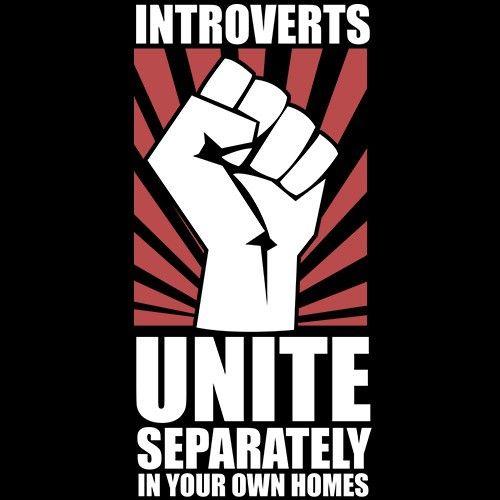 I can't feign interest in a topic that I don't really care about.
I can't feign interest in a topic that I don't really care about. - Introverts are not boorish or hermits. We just need our personal space. We need time that we can spend exclusively on ourselves, it is important for us to be alone with our thoughts. And we hate it when someone tries to deprive us of this. Respect the personal space of introverts, their right to be themselves, and, trust me, they will become your most reliable comrades. nine0017
- Yes, many introverts may not be the best storytellers, but they are great listeners. My friends know that I will not be a good party companion, but they always remember that I am ready to listen to them if they need it.
Do introverts feel lonely?
Yes, I felt lonely a hundred times: when I wasn't invited to parties, when I had to go to the movies alone, when all my friends had girlfriends and I didn't. I felt lonely when I moved to a new city where I didn't know anyone and didn't even have anyone to talk to.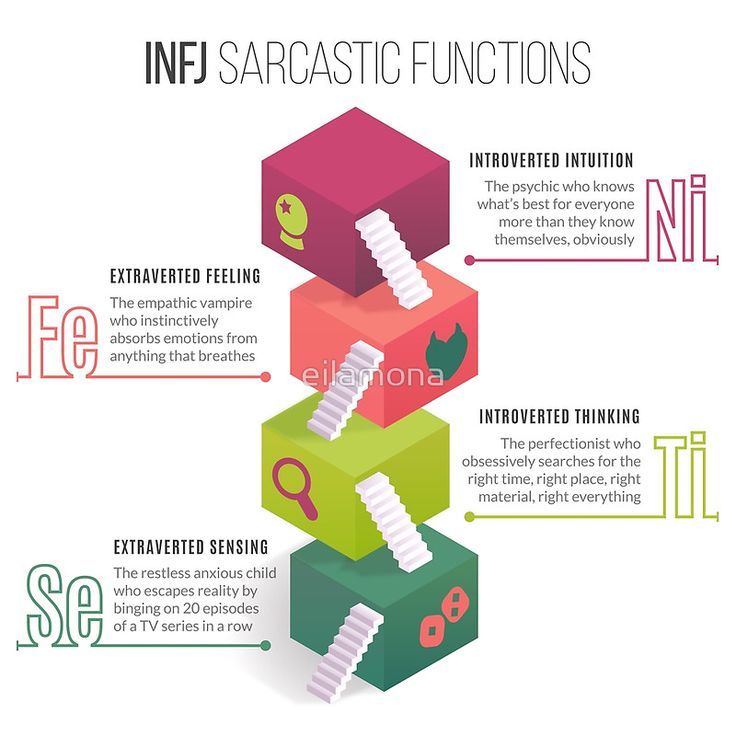 nine0003
nine0003
But I have learned to live with my loneliness. I looked at life differently. I was not subject to the herd instinct: I watched those films and read those books that I really wanted to see and read, and not because they were fashionable and everyone around was talking about them. I thought a lot and, by the way, thanks to this I began to write.
Introverts are ordinary people. They just need personal space, and they prefer to talk only on topics that interest them. And there is nothing wrong with the fact that they like to be alone. nine0003
I don't want to socialize
All the best ideas come to me when I'm alone. I work more productively on any project alone.
I rarely start a conversation first. But if someone starts talking to me, I always keep the conversation going. Remember that introverts are not aliens and they won't run away as soon as they hear the sound of your voice.
I don't want to communicate. I like to be busy in large projects, but at the same time carry out the task alone.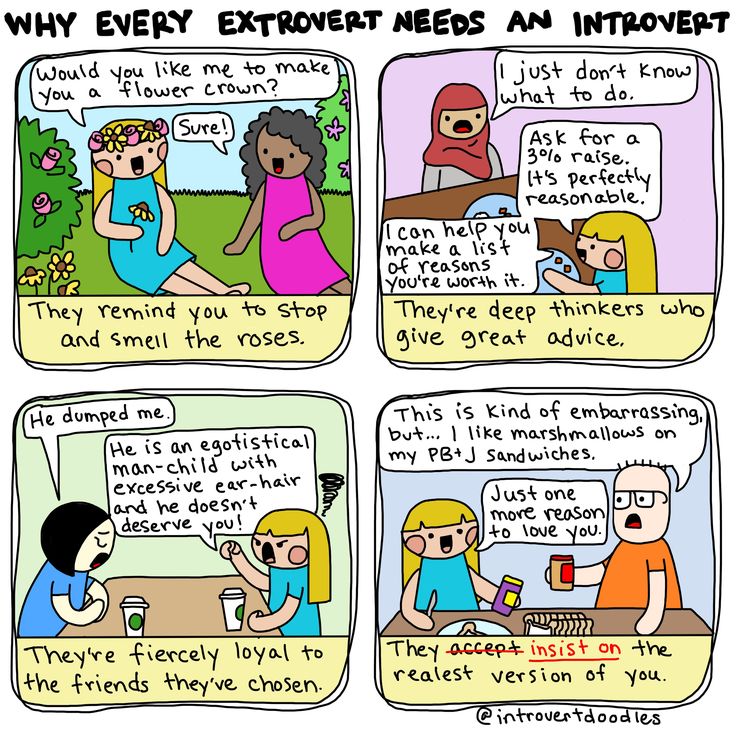 If I still have to be in the circle of a large group of people, then the next day I try to protect myself from communication and be alone. I need such a “day off from people” even after I go to the cinema with my friends. I'm on my own and I'm not bored or lonely. nine0003
If I still have to be in the circle of a large group of people, then the next day I try to protect myself from communication and be alone. I need such a “day off from people” even after I go to the cinema with my friends. I'm on my own and I'm not bored or lonely. nine0003
One day at university I was talking to a classmate about clubs. I said that I found it boring and tiring, to which he replied: "Well, it's still better than staring at the ceiling at home all evening." I remember being taken aback by his answer. I thought, are these people really that unimaginative? After all, there are so many things in the world that you can learn, what you can learn about! Instead, they spend their time in clubs, not because they're all big party people, but because it's customary, it's considered cool. Oh yeah, and that eternal "everyone does it." nine0003
There are no superfluous and random people in my life
Many people like to talk about the disadvantages of introversion, but I want to talk about the advantages.
- I don't get bored when I'm alone.
- I don't like formal short conversations. If I am talking to a person, then this is a real fruitful dialogue.
- I have my own opinion. And I never worry about the fact that it may not coincide with the opinion of the majority.
- There are no superfluous and random people in my life. If I have friends, they are real friends. nine0017
Introverts suffocate in the company of people where everyone thinks the same way
I am an introvert, and I really like to be alone if I have a business to which I can devote myself completely. But I would hardly have been able to stand without communication for more than three days. I believe that we all need someone to talk to, even introverts.
Most introverts have their own special outlook on life, they have their own opinion, which they are ready to defend. They do not like the typical views that prevail in most mini-communities. nine0003
Imagine: you are talking to a person who smells of high-quality and pleasant-smelling perfume.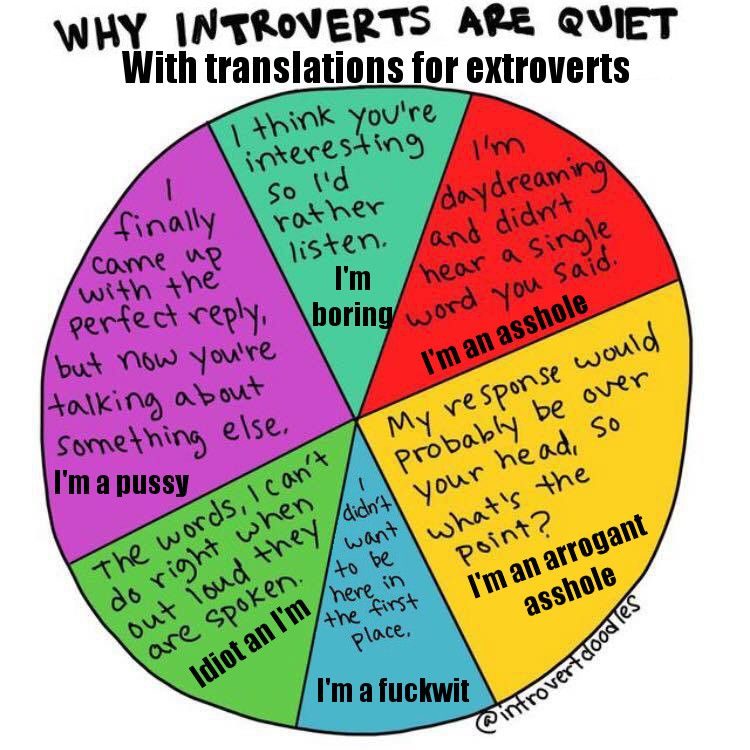 Of course, you like to have a conversation with such a person. Let's say you are in a company where several people use the same perfume. It may annoy you, but it's generally tolerable.
Of course, you like to have a conversation with such a person. Let's say you are in a company where several people use the same perfume. It may annoy you, but it's generally tolerable.
Now imagine that you are in a room where 50 people use the same perfume. Naturally, the aroma will be suffocating, and all you want to do is immediately run out into the fresh air. nine0003
Sometimes introverts also suffocate in the company of people where everyone thinks the same way. They prefer to communicate with individuals rather than with the crowd.
Also, I believe that introverts focus on quality, not quantity. Sometimes when I'm in a room full of people talking about the weather or gossip, I feel like I'm in an empty room - just as lonely.
I can keep myself in good company
I am an introvert, but I am sure that if I tell one of my friends about this, they are unlikely to believe me. I have friends with whom I often communicate and go out somewhere. However, I consider myself an introvert.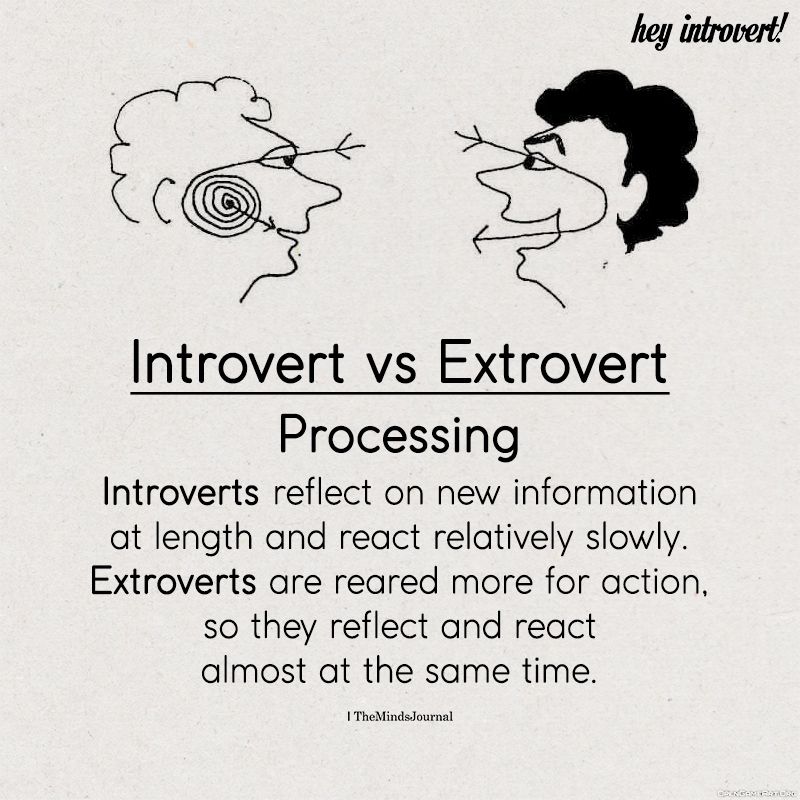 nine0003
nine0003
I like doing things by myself. I never seek someone else's approval, and I am very sad when I notice that most of those around me behave like children: they are waiting for an adult to come and tell them what is good and what is bad, what is possible and what is not.
Do I feel lonely? Yes sometimes. But not as often as my extrovert friends: they are driven into a real panic by the thought that they will have to go somewhere alone, while I can quite easily go to the cinema or theater alone and even go on a trip alone . nine0003
I love being in the company of other people, but I always remember that I can keep myself in good company.
Introversion is an enemy and friend
My introversion is my worst enemy when I am around people and my best friend when I am alone.
My father often changed jobs and we had to move to different cities. I changed many schools, and in each of them I immediately became a "weird unsociable girl. "
"
I never had a great relationship with others, plus I was the only child in the family, and my parents were too busy with their careers, and they had no time for me. nine0003
I often had internal dialogues. From the outside, I looked like a quiet and lost puppy, but who would have known what kind of debates were going on in my head non-stop! I thought a lot, noticed a lot, I was an inquisitive and observant child.
In my free time I spent reading books, solving puzzles or just daydreaming. As I already mentioned, it was difficult for me to get along with my peers, as, however, it is still difficult.
But I do not regret anything - I accept myself as I am, and I can call myself a happy person. nine0003
Socializing is a test for me
I am an introvert and I can also describe myself as a shy person.
Speaking is like an exam for me
I'm always nervous. I go over and over in my head what I'm about to say. I always feel like I said the wrong thing. Sometimes I feel like I'm playing a role.
Sometimes I feel like I'm playing a role.
It often exhausts me, and all I want after such conversations is to go home and be alone.
I hate parties
Especially if there are a lot of people I don't know. I have no idea how to start a conversation with a stranger. And even if I decide to start, I can hardly support it.
It's hard for me to ask for something
I've always had a hard time asking for help, so I prefer to do things on my own. Why is there help - sometimes I'm embarrassed to even call my friends and invite them for a walk.
I like being alone
I often go to the cinema alone. I like to sit alone in a cafe and read a book. When the weather is nice, I like to walk in the park and just people-watch.
What do you think about this?
Introvert or extrovert: how to understand what character your child has?
“Why aren’t you friends with anyone? Look, here's a girl, invite her to play" - a typical situation on the playground, when parents are trying to help children build their first social contacts.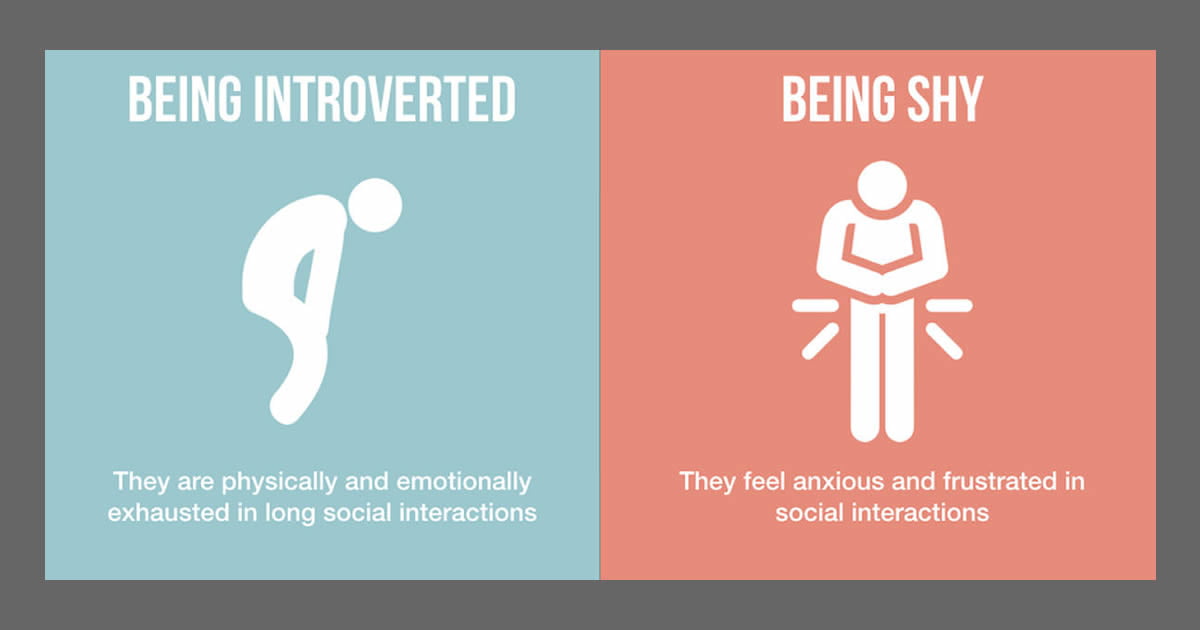 What determines how your child will communicate with others? This topic is analyzed by Elena Pervushina in the book “Charms of Friendship. Sociable child”, and we publish an excerpt from it. nine0003
What determines how your child will communicate with others? This topic is analyzed by Elena Pervushina in the book “Charms of Friendship. Sociable child”, and we publish an excerpt from it. nine0003
What do Khlestakov and Natasha Rostova have in common
There is another important character trait that we often forget about, but which greatly influences our behavior. This character trait was first noticed by the famous psychoanalyst Carl Gustav Jung and divided people into extroverts - focused on the outside world, and introverts - focused on their inner world.
However, people knew about extroverts and introverts even before Jung, but they did not call these character traits with special words. For example, in "Eugene Onegin" Olga, a lover of balls and noisy companies, is an extrovert; Tatyana, who is “wild, sad, silent, like a doe in the forest is timid,” is an introvert. Khlestakov in Gogol's The Government Inspector is an extrovert, Pechorin in A Hero of Our Time, and Lermontov himself are introverts. nine0003
nine0003
It is easy to guess that it is not so easy for extroverts and introverts to understand each other. Recall another novel - "War and Peace". Natasha Rostova is an almost 100% extrovert, Princess Marya is an introvert. Having met, they feel instinctive dislike for each other. Natasha seemed to Princess Marya too fussy, talkative and affected, and Princess Marya seemed to Natasha too dry, gloomy and boring.
Company or loneliness?
Do not jump to the conclusion that all extroverts are cheerful, sociable and careless people, and introverts are angry individualists. In fact, the only difference between an extrovert and an introvert is that introverts gain energy in solitude and spend it in society (but this does not mean that they cannot work or have fun in the company, just for this they need to first have a good rest in silence and concentration). Extroverts, on the contrary, energize in the crowd and spend during individual work. But what they will direct their accumulated energy to depends on their upbringing and beliefs. nine0003
nine0003
Are there 100% introverts and extroverts
Carl Gustav Jung did not believe that a person can be exclusively an extrovert or an introvert. Rather, he saw extroversion and introversion as two ends of a long scale on which each person occupies his or her unique place. For example, a person might be 30% extrovert and 70% introvert, or 60% extrovert and 40% introvert.
Much depends on how well a person knows his character and respects his own individuality. Alexander Sergeevich Pushkin very successfully used his extraverted side for friendly feasts and social pleasures, and his introverted side for creativity. But Lermontov, judging by his poems, never learned this trick (although, most likely, he was a much more introvert than Pushkin). nine0003
What determines the degree of extraversion - introversion
Apparently, the degree of extraversion and introversion in a person's character is genetically programmed and is associated with the peculiarities of metabolism.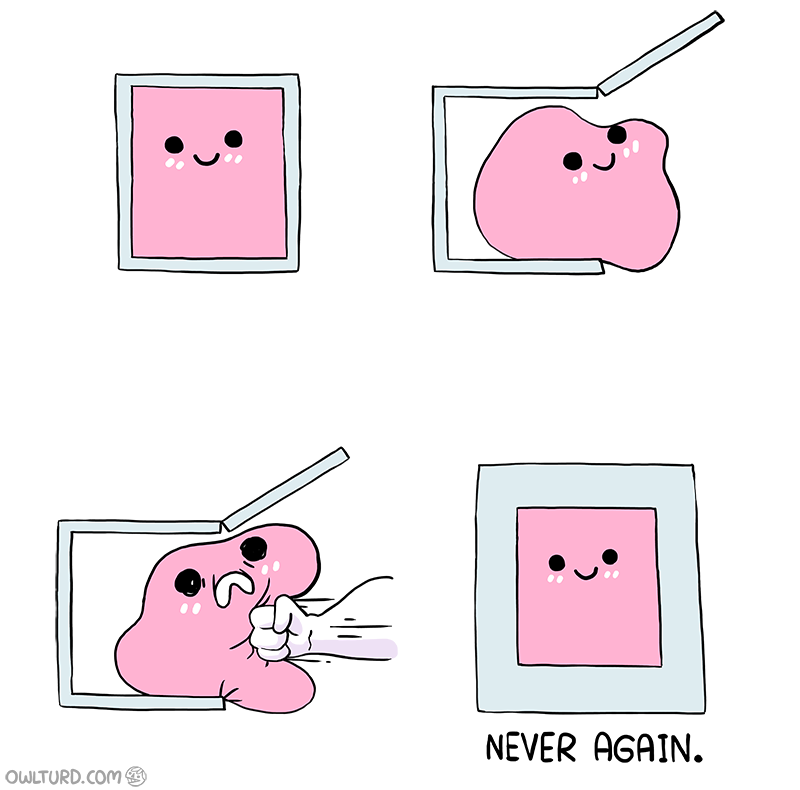 It is no coincidence that in adolescence, during a period of rapid hormonal changes, the extraversion or introversion of character inherent in a child from birth increases to the limit. Some teenagers disappear all day long in companies, others go into themselves.
It is no coincidence that in adolescence, during a period of rapid hormonal changes, the extraversion or introversion of character inherent in a child from birth increases to the limit. Some teenagers disappear all day long in companies, others go into themselves.
Who is your child
Extrovert children, as a rule, want to immediately tell everything about their impressions and ideas to everyone who is just around; if there is no one nearby, they will talk to themselves (“Now I will take the cubes and build a bridge”, “Where did this car go?”, “What a stupid task!”). They love to spend time in company, express their feelings violently, gesticulate emotionally, often break the distance, they need constant approval, and they will always ask and ask again if you like their gift and have you forgotten that your son got two fives today. nine0003
Introverted children tend to first observe and listen for a long time before joining in some action, speak only after they have thought through the topic well, and only talk willingly with close people they trust.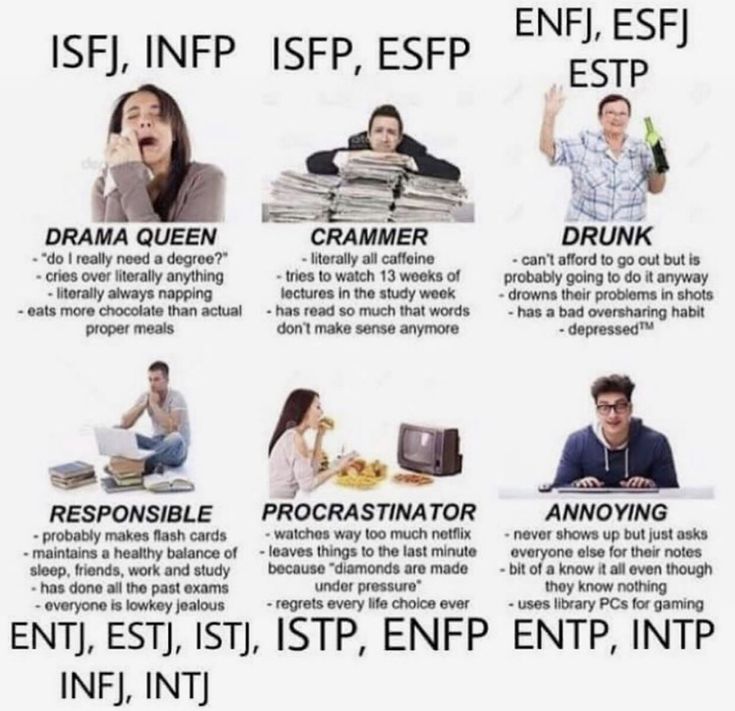 They are focused on their subject of interest, have a strong sense of personal space, and do not like anyone to sit too close or enter their room without knocking. During strong experiences, they “freeze”, withdraw into themselves. To understand what they feel, it is necessary to question them long and carefully (often they themselves do not fully understand what is happening to them), because they do not allow their emotions to come to the surface. Since our world is largely tailored for extroverts, introverted children really need the help and support of their parents. Help, of course, should not consist in "scratching" the introvert out of his shell at any cost. nine0003
They are focused on their subject of interest, have a strong sense of personal space, and do not like anyone to sit too close or enter their room without knocking. During strong experiences, they “freeze”, withdraw into themselves. To understand what they feel, it is necessary to question them long and carefully (often they themselves do not fully understand what is happening to them), because they do not allow their emotions to come to the surface. Since our world is largely tailored for extroverts, introverted children really need the help and support of their parents. Help, of course, should not consist in "scratching" the introvert out of his shell at any cost. nine0003
How to raise extroverts and introverts
1. Help recharge your energy
If a child is tired and feels unhappy, the likelihood of conflict increases dramatically. Extroverts who lack communication and introverts who lack isolation are a potential source of problems. Try to make your child live in a mode that is natural and comfortable for him.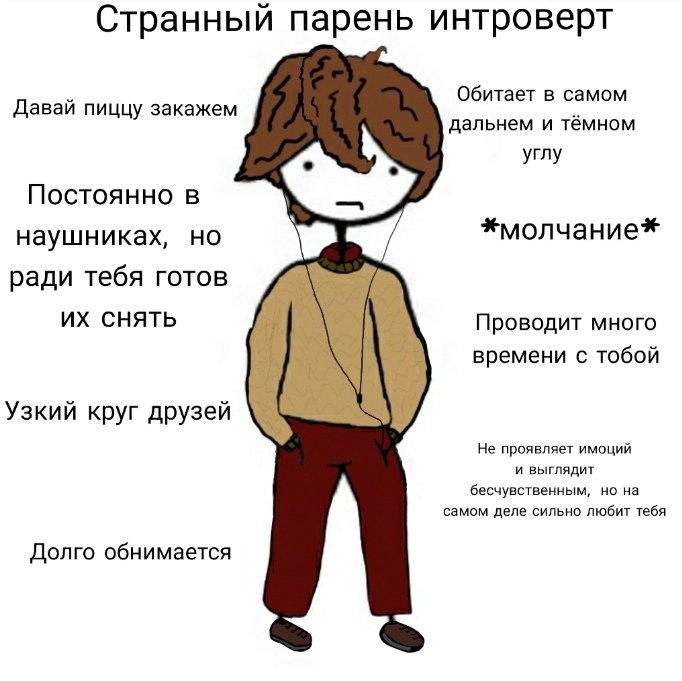 The child does not always understand his needs, so he needs to be helped with advice: “It seems that you are tired and therefore you snap at everyone. Maybe you'd better go and rest in your room?", "You seem to be tired of boredom. Would you like to call a friend? Or let's play loto." nine0003
The child does not always understand his needs, so he needs to be helped with advice: “It seems that you are tired and therefore you snap at everyone. Maybe you'd better go and rest in your room?", "You seem to be tired of boredom. Would you like to call a friend? Or let's play loto." nine0003
2. Learn to respect the needs of others
For example, introverts are very sensitive to personal space and feel almost physical pain when someone comes too close and speaks too loudly. This needs to be explained to the extroverted child: “It seems that the girl got scared when you started screaming and waving your hands in front of her nose. I know that you didn't mean anything bad, you just wanted to tell her about the new game, but she didn't get it. Please go up to her and quietly explain that you didn't mean to scare her." But the girl also needs to be explained that the boy did not want to offend her, he was just very passionate about his story. nine0003
Books and films will help children understand each other.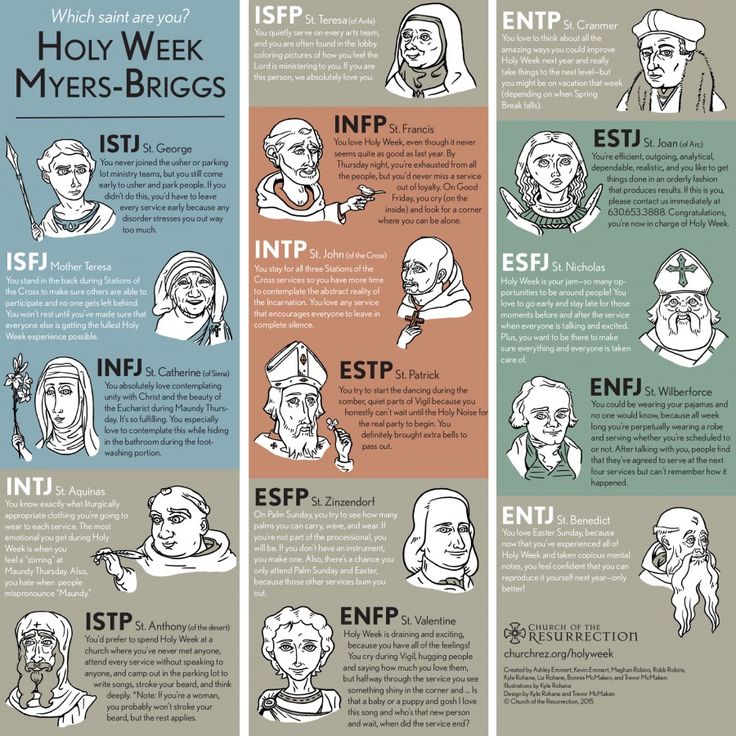 For example, in the book "Pippi Longstocking" the main character is a typical extrovert, in the book "The Kid and Carlson Who Lives on the Roof" the Kid is an introvert. Ask your child who he would like to be friends with - with Pippi or with the Baby, how he would explain to Pippi that she does not always behave correctly, what would he say to the parents of the Baby, etc. Let your child read these books: maybe , he will find there answers to some questions that he himself cannot yet formulate. nine0003
For example, in the book "Pippi Longstocking" the main character is a typical extrovert, in the book "The Kid and Carlson Who Lives on the Roof" the Kid is an introvert. Ask your child who he would like to be friends with - with Pippi or with the Baby, how he would explain to Pippi that she does not always behave correctly, what would he say to the parents of the Baby, etc. Let your child read these books: maybe , he will find there answers to some questions that he himself cannot yet formulate. nine0003
3. Consider your character
Introverted parents can get very tired of their parenting responsibilities, especially if they got energetic and restless children. This fatigue does not need to be ashamed, it does not mean that you do not love your children enough, just try to organize their leisure time so that they spend more time with other people - at a party, in circles, etc. - and give you the opportunity to relax and gain strength in solitude. Both parties will benefit from such a regime: children will have enough communication and impressions, and you will have enough strength to help children in really important cases.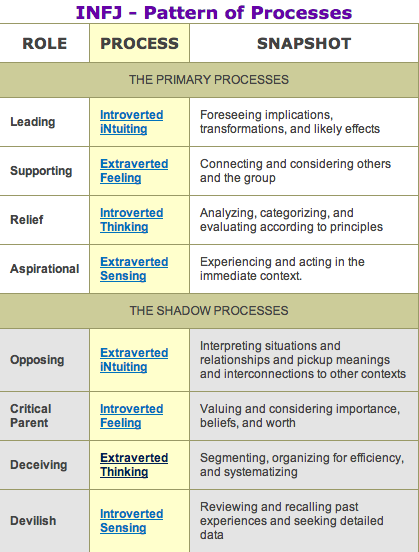 nine0003
nine0003
On the other hand, extroverted parents may too often "pull" a serious and withdrawn child out of the best of intentions. It seems to them that without noisy companies and vigorous activity, the child is bored. But if the child is an introvert, he is likely to perceive non-stop communication as stressful. As one teenage girl with an introverted personality wrote: “We don’t need to be constantly forced to communicate. We are not shy. We're just better off that way."
If an introvert constantly repeats: “Well, why are you all sitting like an owl? So you will never have friends who need you, such a beech, ”this will lead to uncertainty and an inferiority complex. Many adult introverts sincerely believe that they do not know how to communicate, when in fact they simply need less communication than their extroverted relatives and friends. nine0003
But even an extrovert can feel inferior if he constantly hears: “Well, why are you all doing nonsense! I would sit down and read a book!” In fact, an extrovert will read a book with pleasure if he can immediately tell someone about what he has read or play the most vivid scenes in the home theater.